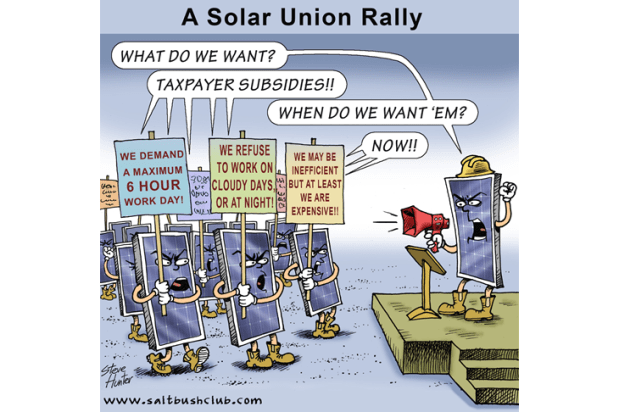One of the many groups in whose hands the fate of our nation lies, is generation Z. Though it has become common to call all the entitled and undereducated left-indoctrinated young brats like myself “millennials”, it’s worth noting that the latest batch of voters are no such thing. Eighteen-year olds today were born after the turn of the millennium.
Already a subscriber? Log in
Subscribe for just $2 a week
Try a month of The Spectator Australia absolutely free and without commitment. Not only that but – if you choose to continue – you’ll pay just $2 a week for your first year.
- Unlimited access to spectator.com.au and app
- The weekly edition on the Spectator Australia app
- Spectator podcasts and newsletters
- Full access to spectator.co.uk
Or


























Comments
Don't miss out
Join the conversation with other Spectator Australia readers. Subscribe to leave a comment.
SUBSCRIBEAlready a subscriber? Log in